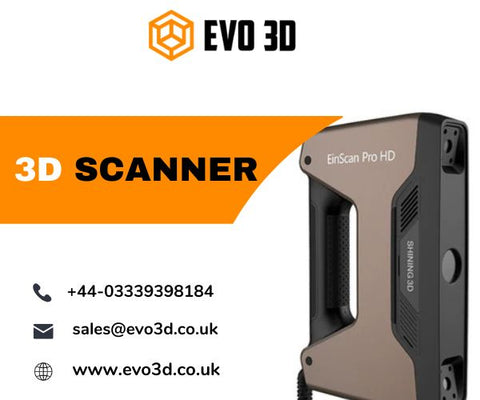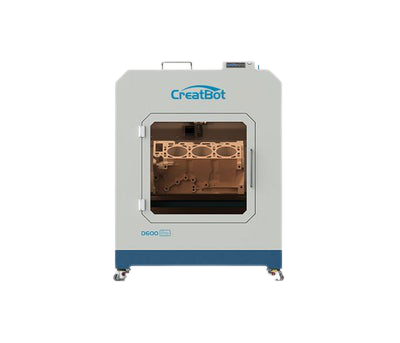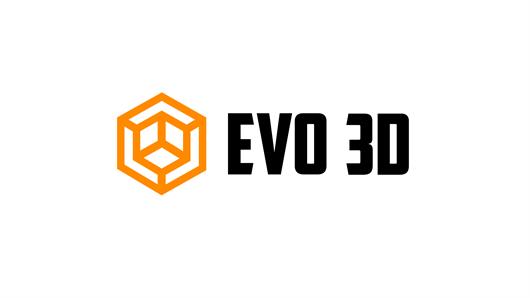 Add My Company
Add My Company

Do you have a 3D printing project but do not know where to start on making the object? We might have a perfect solution for you. There are 3D scanners that help you form a digital format by scanning an object along with all its specifications.
3D scanning is a process of scanning real-world objects with specific technology and collecting three-dimensional information about that object. It gives you the exact specification of the object. The technology has expanded over the years and is used in various major industries presently.

So, let us understand the 3D scanners, their process, and their uses in-depth to have a clear understanding.
The Basics of 3D Scanners
The main objective of a 3D scanner is to get insight into a physical three-dimensional object by providing the polygon mesh or point cloud of the 3D model. There are different ways of 3D scanning namely: Laser 3D scanning, Photogrammetry, and Structured light scanning.
However, Laser 3D scanning is one of the most common processes to analyse a 3D model or object. The various scanning techniques can help a person obtain the shape, size, and colour of the object digitally. As a result, a person can easily create such objects with the help of an Industrial FDM printer or other 3D printing techniques.

Scanning the Technology
Without a doubt, the most popular and widely utilized 3D scanning method is laser scanning. To obtain a digital representation of the actual object, scanners use laser light to digitally capture the object's shape. These 3D scanners can produce precise point clouds by measuring minuscule details and capturing free-form shapes.
This method of laser scanning is ideal for measuring and inspecting intricate geometries. It enables the collection of measurements and data from locations where conventional methods are impractical!
Similar to a camera, a laser light scanner can only capture what is within its field of view. In this method, a sensor determines how far an object is from the device's surface after a laser dot or line is projected onto it.
After this data is processed, a triangulated mesh and a CAD model can be created.
Applications of 3D Scanners in Major Industries
There are some major industries in which 3D scanners are useful for production, recreation, etc. So, let us check in detail the applications in several industries:
Medical Industry
There is a major transformation in the healthcare industry with the introduction of 3D scanners. They have made the overall body scan, treatment, and other things convenient and more accurate. For example, a practitioner can complete a full body scan with accurate results and check for changes in the body. A 3D scanner, either stationary or handheld, is a convenient tool for research and other aspects of the medical industry.
Art and Design
From movies to games, versatile 3D scanning technology has created new ways to spread the magic into the art and design world. From special effects or VFX in movies to creating unique landscapes and players in games, scanning technology has created a revolution in the industry of art and design.
Archaeology and Heritage Preservation
The technology of 3D scanning has been a great asset in preserving history and performing in-depth analyses of archaeological artefacts. This technology helps people recreate the exact artefacts and do better research and studies.
However, as artefacts and other heritage items are often found in a different location, you should opt for a 3D scanner that can work well in outdoor conditions.
In Conclusion
Technology is advancing fast, and we must adapt to it with time. 3D scanners are a great innovation that can provide us with dimensional and measurable information about an object just by scanning it.
These technologies help in making industries grow and get updated results. However, there are different types of scanners available in the market. So, you should choose the one according to the industry you are working in and look out for the specifications you want.
A one-stop shop for 3D Scanners is Evo 3D, where you can get all types of 3D scanners and 3D printers for your needs.
For more information on 3D Scanner Guide: Constructing the Measurement in Different Industries talk to Evo3D
